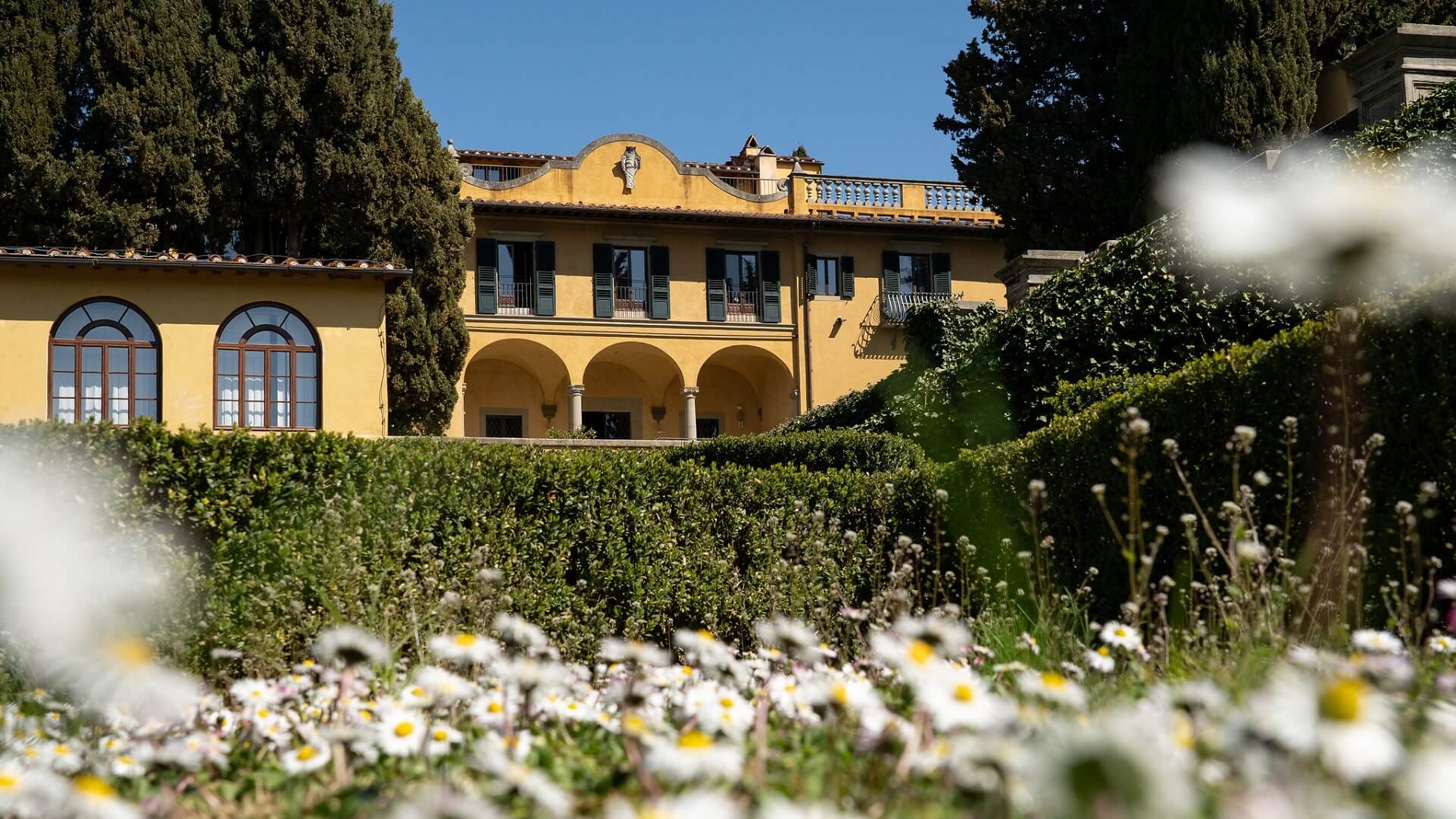Read more
Multimedia
What Scenarios for Italy and the Eurozone?
A roundtable on the current political crisis in Italy and the Eurozone held on 6 June 2018. Given the current political crisis in Italy and the repercussions this crisis is having on other...
From May 31 2018 to June 1 2018, Robert Schuman Fellows Liesbet Hooghe and Gary Marks hosted a conference on ‘Re-engaging Grand Theory—European Integration in the 21st Century’ at the Robert Schuman Centre for Advanced Sciences. The conference brought together some 25 scholars to evaluate three theories of European integration—neofunctionalism, intergovernmentalism, and postfunctionalism—as guides to the major events that have shaped the European Union in this century.
Europe’s Reality Through Theoretical Lenses
The papers presented at the conference reflect the effects of the Eurocrisis, the migration crisis, Brexit, and illiberalism in Hungary and Poland for European integration. Have we entered a period of disintegration, or has integration become differentiated as different countries cooperate in ever more diverse ways? How have these events shifted the problematics of research? And what new puzzles and perspectives have come to the fore? Individual papers assess three theories that have been designed with Europe in mind as efforts to explain the role of mass media, the politics of identity, the EU’s politics trap, and whether EU theories can travel outside Europe. The papers will be revised for submission to a special issue in a major journal.
[rscas-col col=6 first=true]
Video
[/rscas-col]
[rscas-col col=6 last=true]
Photos
[/rscas-col]
Publications
 This paper engages three theories—neofunctionalism, intergovernmentalism, and postfunctionalism—that have their intellectual roots in the study of European integration in the past century. The purpose of this paper is to assess their use value for explaining EU developments in the 21st century. It briefly describes the genesis of each school and outline what is distinctive about its approach in relation to four landmark events: the Eurocrisis, the migration crisis, Brexit, and illiberalism. The paper concludes that each provides a distinctive framework that disciplines thinking about key actors, arenas, and causal mechanisms.
This paper engages three theories—neofunctionalism, intergovernmentalism, and postfunctionalism—that have their intellectual roots in the study of European integration in the past century. The purpose of this paper is to assess their use value for explaining EU developments in the 21st century. It briefly describes the genesis of each school and outline what is distinctive about its approach in relation to four landmark events: the Eurocrisis, the migration crisis, Brexit, and illiberalism. The paper concludes that each provides a distinctive framework that disciplines thinking about key actors, arenas, and causal mechanisms.
Read the Working Paper on the EUI publications website.




